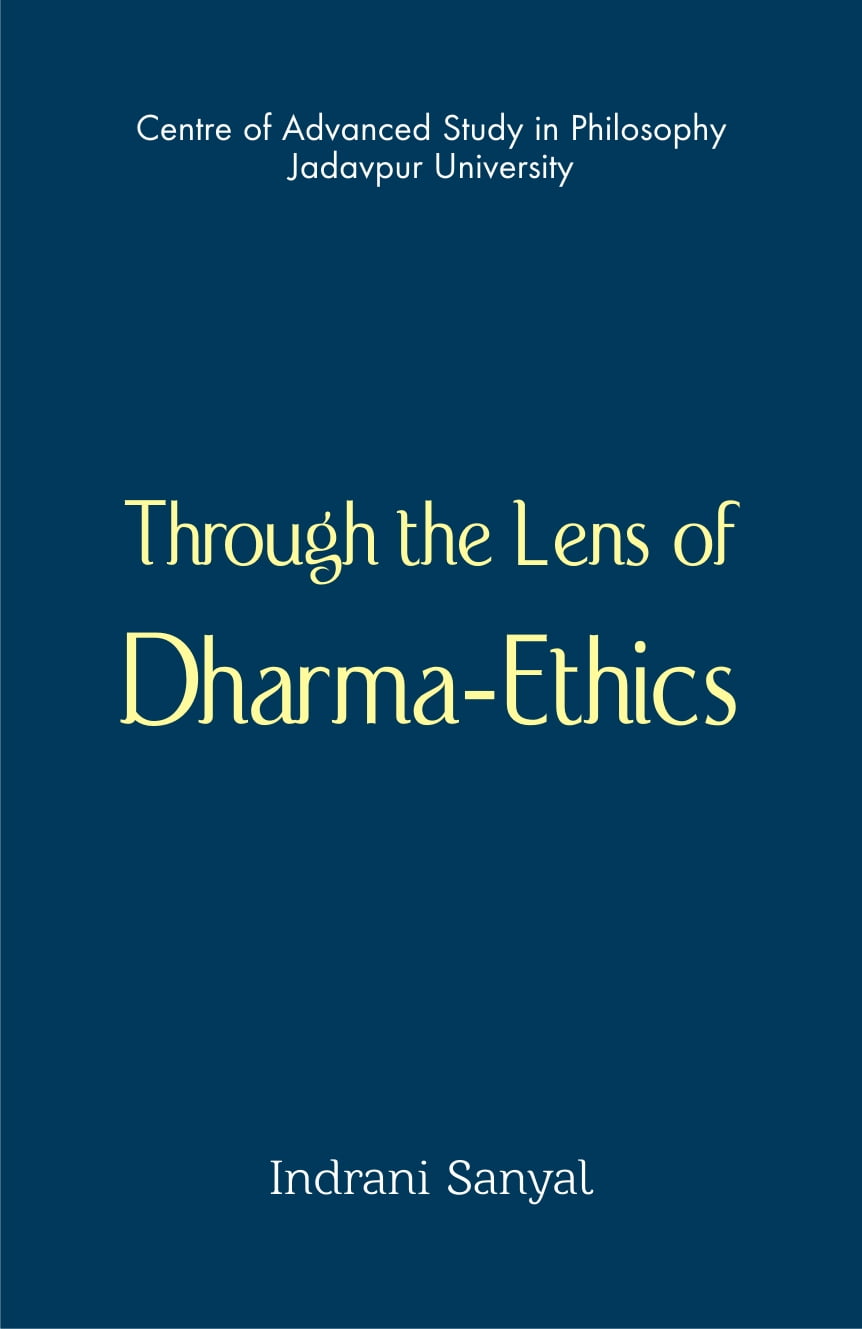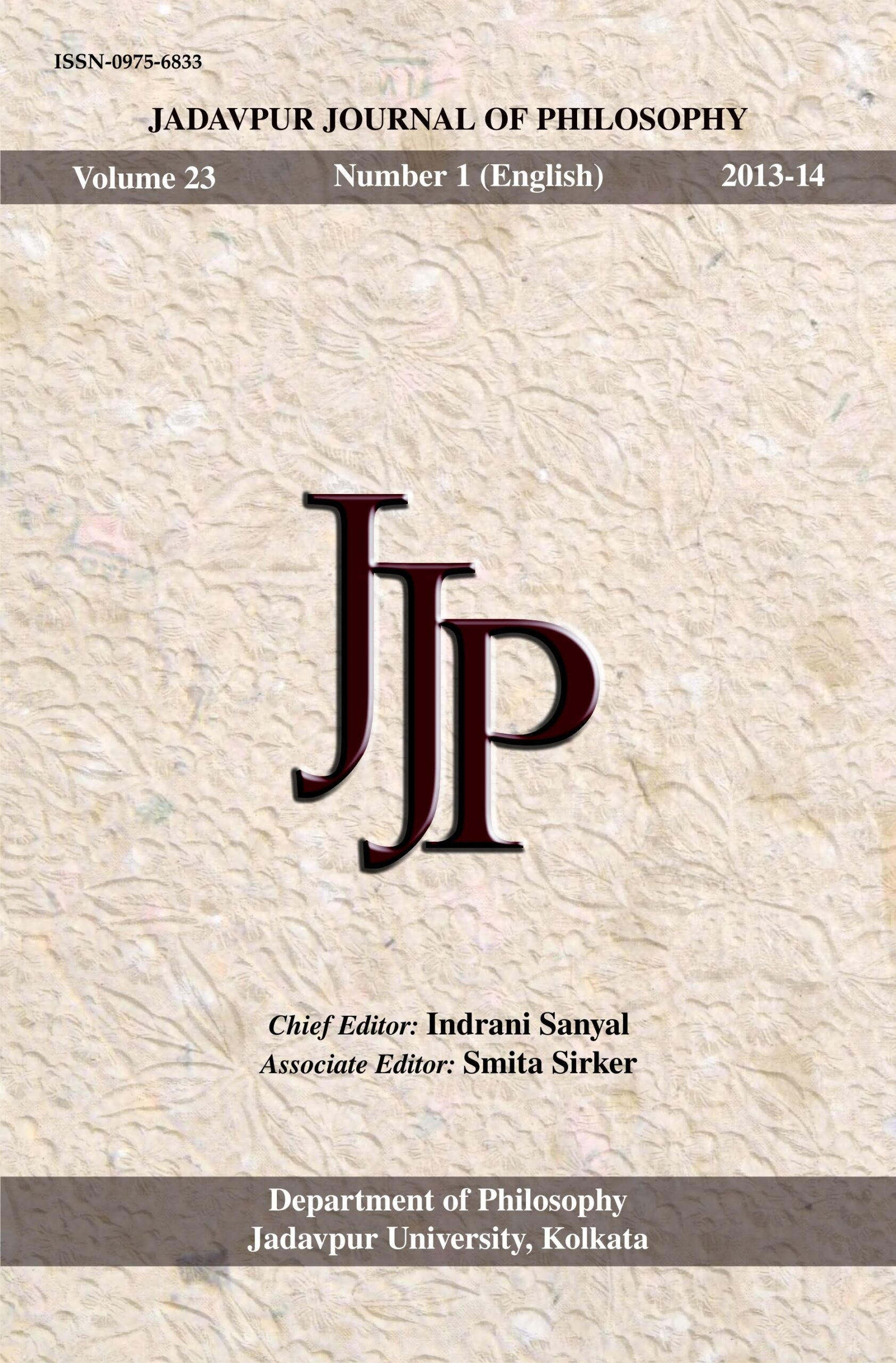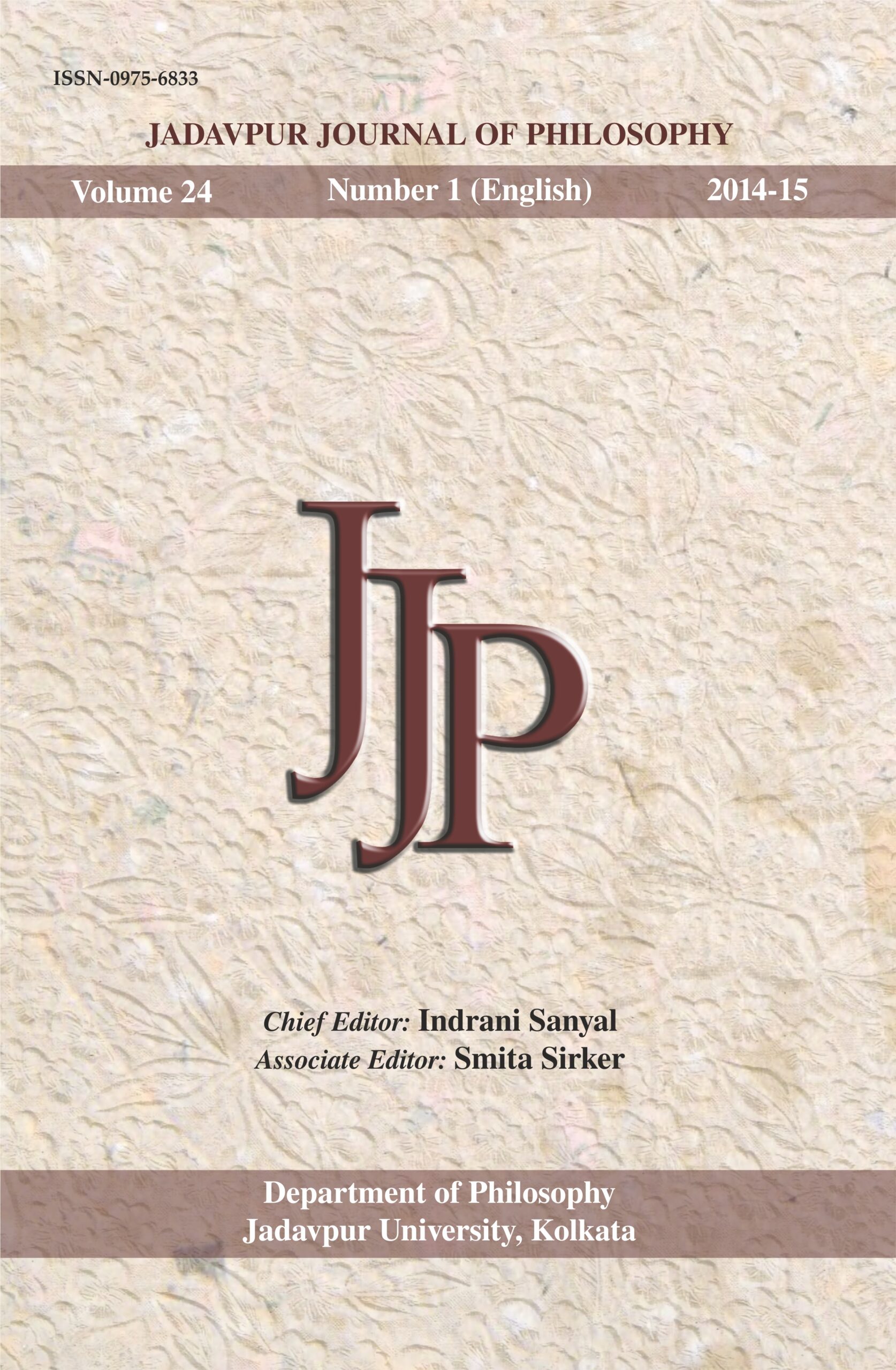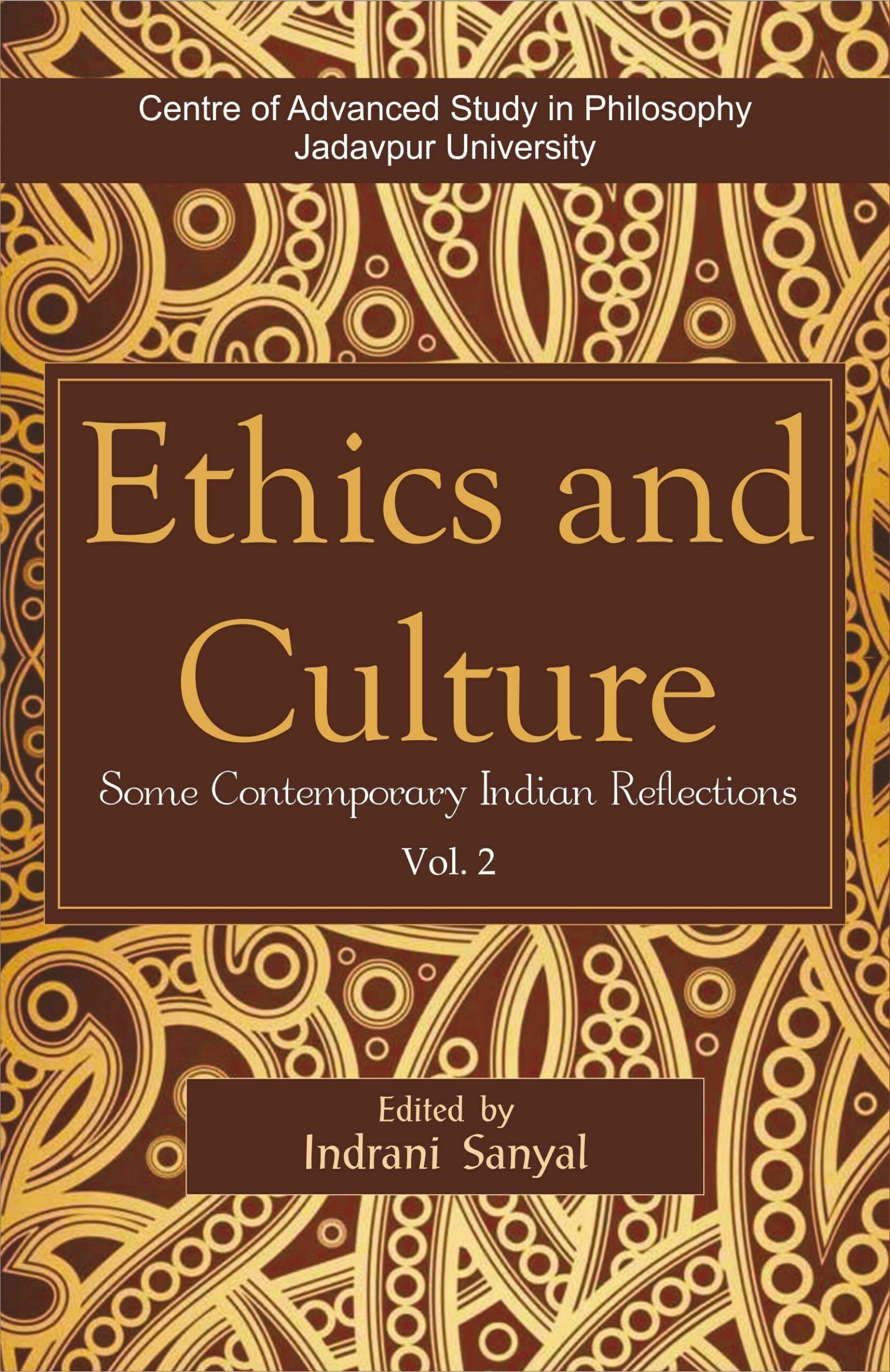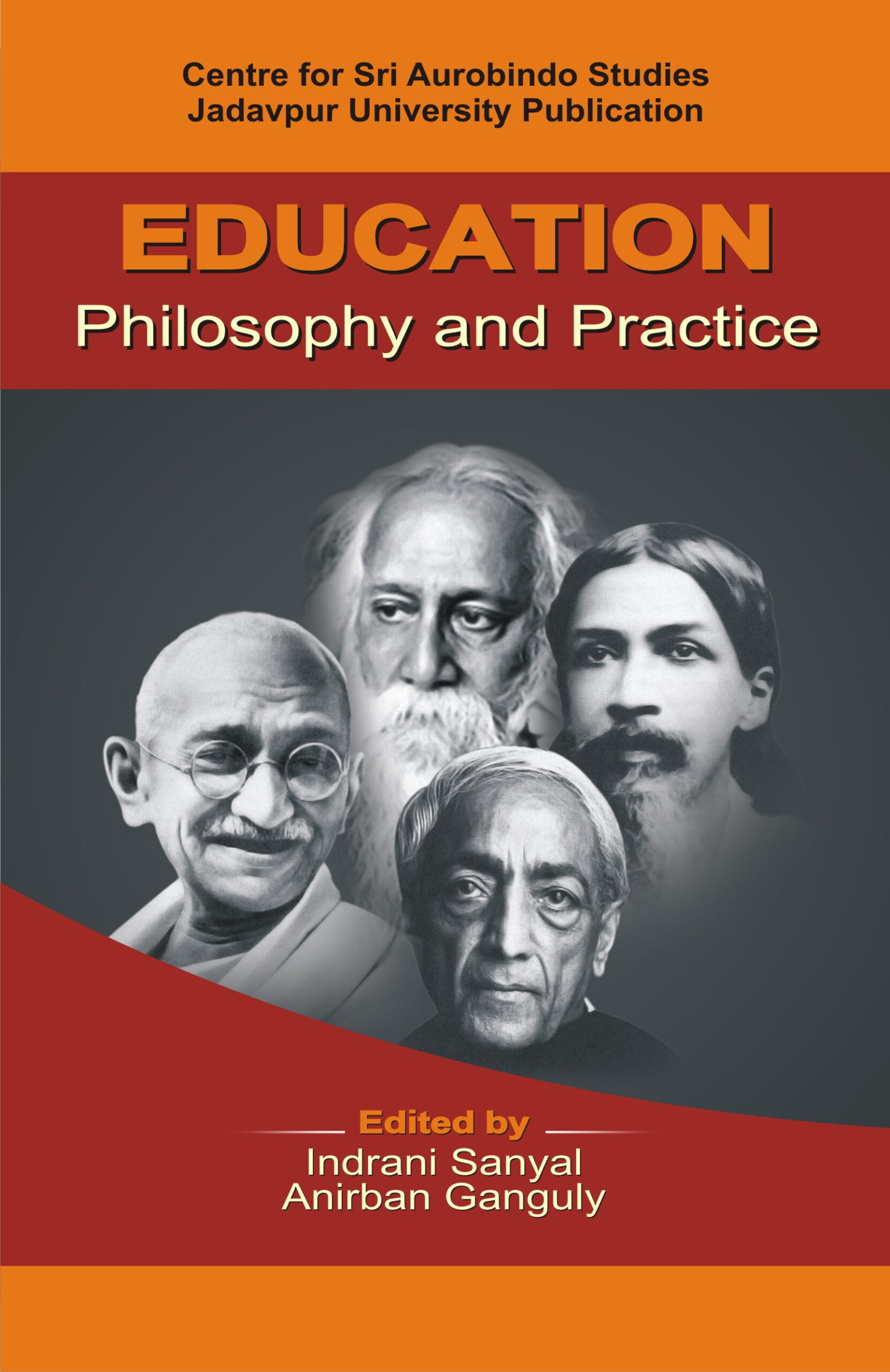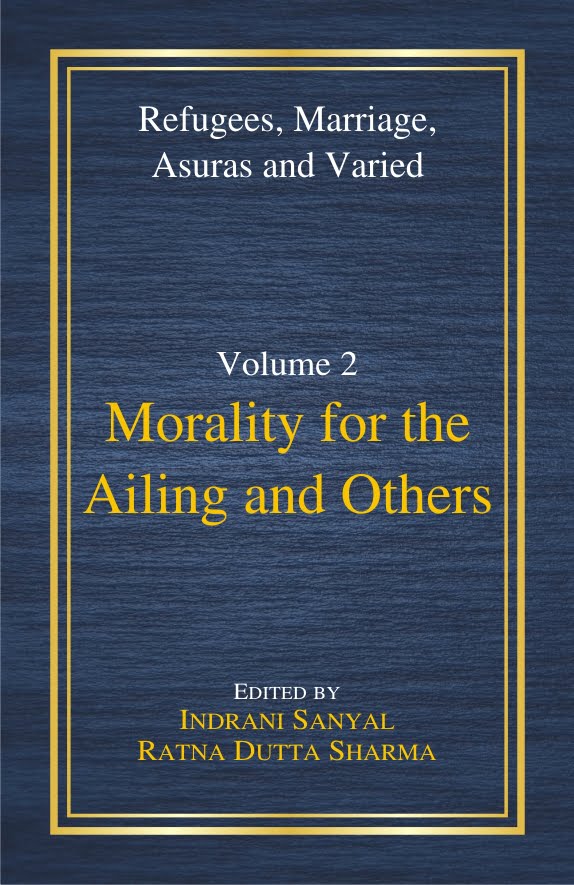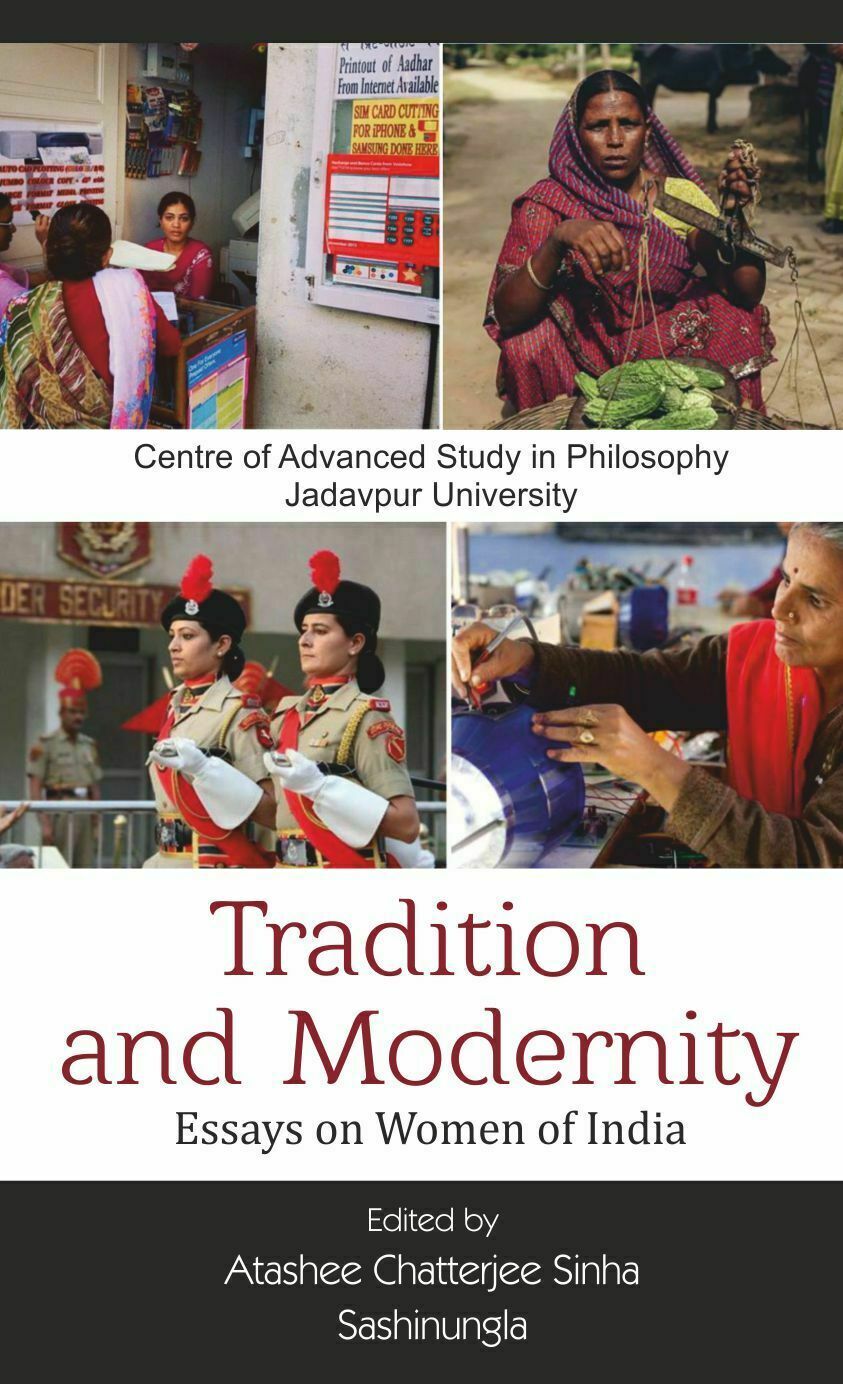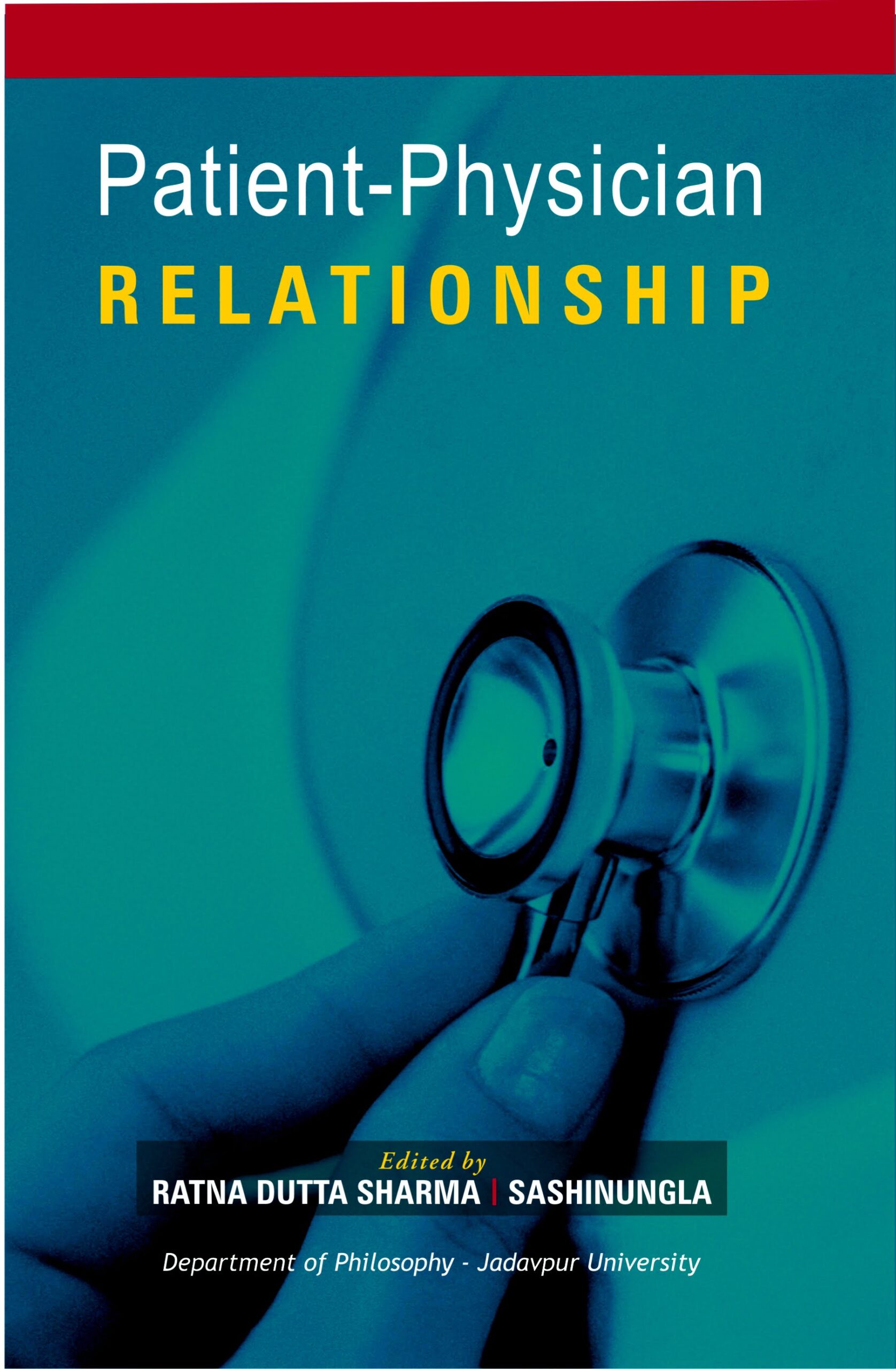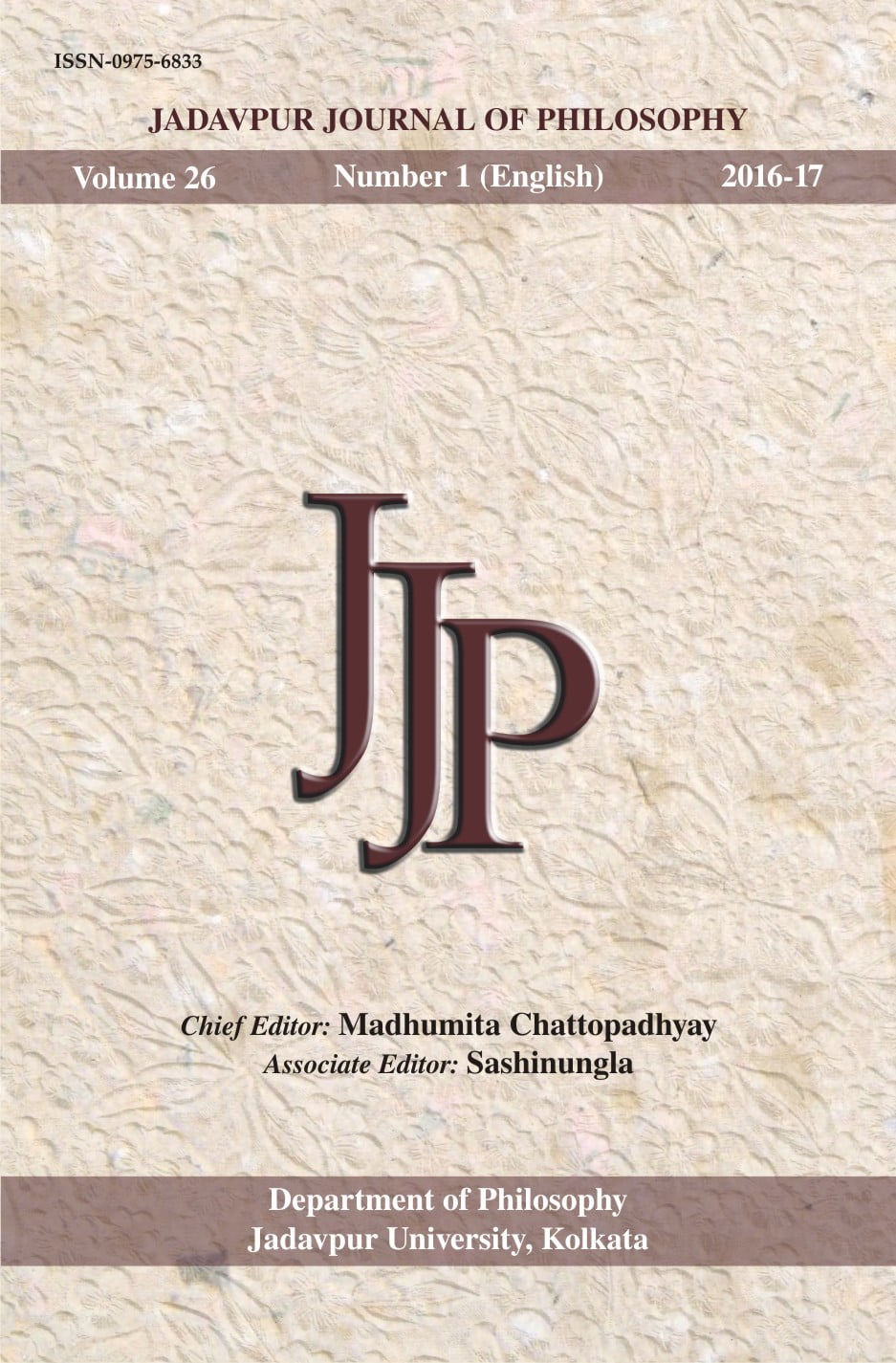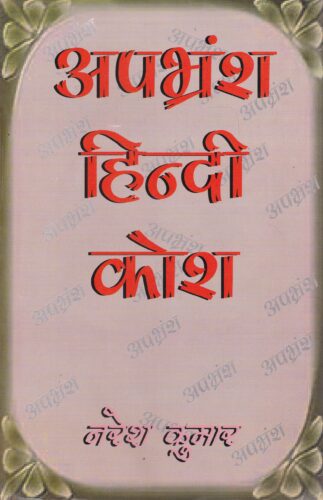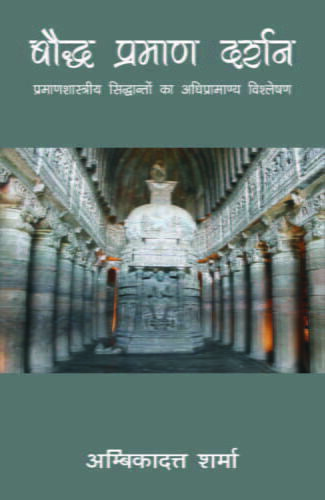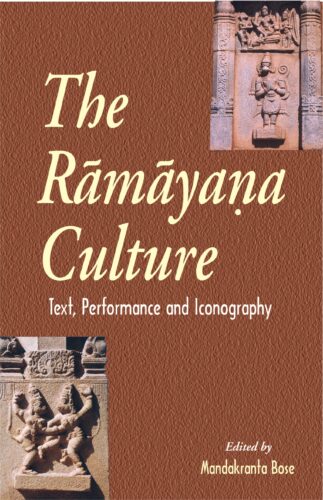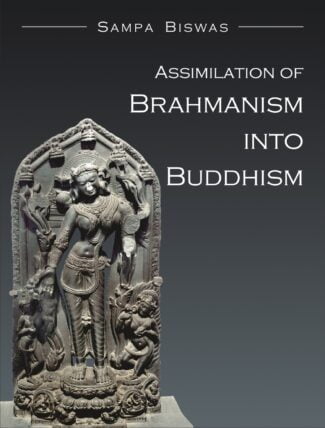

Ethics and Culture:S...
Ethics and Culture:Some Indian Reflections
by: Indrani Sanyal , SashinunglaThe book explores values that involve mans existence and his interaction and interrelations with others and deal with the Vedantic, political and economic thoughts of eminent saints and thinkers of India. The articles also include various viewpoints with the hope to ignite the spirit of better understanding of values.
₹795.00 Original price was: ₹795.00.₹716.00Current price is: ₹716.00.
ISBN: 9788186921524
Year Of Publication: 2010
Edition: 1st
Pages : viii, 364
Language : English
Binding : Hardcover
Publisher: Decent Books
Size: 23
Weight: 700
The anthology Ethics and Culture: Some Indian Reflections looks into global and local questions pertaining to individual morality and social ethos in the larger domain of man in relation to man, in relation to various domains of society and also in relation to nature/world/cosmos. A group of philosophers have presented a panorama of pluralistic Indian perspectives that include classical, traditional Vedic, contemporary and tribal viewpoints with the hope to ignite the spirit of better understanding of values. The result is a well-planned text for students of philosophy, sociology, anthropology and politics and an analytic and authentic reference for researchers with interest in these areas of thought.
Any forward-looking reader with a wider interest may find this anthology to be quite useful.

- Sale!Vedanta Science and Technology: A Multidimensional Apporoach by: Girish Nath Jha, Bal Ram Singh, Sukalyan Sengupta,
₹3,000.00Original price was: ₹3,000.00.₹2,700.00Current price is: ₹2,700.00.Vedānta texts have been well known for their richness in fundamental scientific and technological principles with strong potential for research and development today. In fact, much of ancient India’s remarkable achievements in science and technology can be credited to Vedantic texts.
This volume – proceedings of the 22nd International Congress of Vedanta held during 27-30 December 2015 at Jawaharlal Nehru University, New Delhi – features 53 scholarly articles from a wide variety of areas of study. The 22nd Vedanta was a confluence of scholars from various disciplines and the papers in this volume bear the imprint of an intense discussion that is usually expected from a good Vedanta seminar. Though the majority of the papers are in English, a few are in Sanskrit and Hindi as well. The papers are grouped under Vedānta Studies, Vedānta and Philosophy, Vedānta and Science, Vedānta and Culture, Applied Vedānta, and Digital Access and Search of Sanskrit Texts.
This multidimensional approach extends the core scientific ideas of Vedānta to social, cultural, aesthetic and religious aspects of studies, creating a wide spectrum of intellectual discourse and trying to discover fundamental scientific and technological aspects of Vedānta studies.
Being a worthwhile addition to Vedānta studies, this volume should invoke keen interest among all those who are deeply into it, be a student, a researcher or a common reader. - Sale!Apbharamsa Hindi Kosha by: Naresh Kumar
₹1,500.00Original price was: ₹1,500.00.₹1,350.00Current price is: ₹1,350.00.This Dictionary of Hindi Apabhramsa gives in detail the grammatical importance of words, their meanings, correct spellings, the alternate words and their various usages as mentioned by lexicographer Naresh Kumar.
- Sale!Baudha Pramana Darshan by: Ambika Datta Sharma
₹800.00Original price was: ₹800.00.₹720.00Current price is: ₹720.00.In Indian tradition of knowledge, the historical advancement of epistemological intellection/thinking flourished through five alternative points of departure, where the first belongs to Maharshi Gautama, who showing priority of epistemology over metaphysics, proposes a constructive model of epistemology. In opposition to this universally acceptable postulation of Maharshi Gautama, three refutative points of departure of epistemological critique of Nagarjuna, Sri Harsha and Jayarasi Bhatta progressed. These three attain their cognitive termination either in the severance of the priority and the position of episteme or in the deconstruction of epistemology. The fifth point of departure evolves from Tarka Pungava Dinnaga, which, parallel to Gautamas exposition and as an option of substitution to Nagarjunas epistemic displacement, presents a reconstructive model of metaphysical epistemology.
In this treatise, an effort has been made to understand the foundational structure of the aforementioned Bauddha Prasthan through certain basic principles, which happen to be the deciding factors/determinative agents in respect of dissensions relating to the matter and corollary, features, and a number of episteme and alternative approaches. From the espoused system of analysis and explication for the purpose, the meta-epistemic dimension of epistemological intellection/thinking of Indian philosophy gets revealed. In fact, it is in this dimension, the optional feature of epistemological doctrines can be recognized to know further that why any epistemological assessment/appraisal is like this?, why isnt it different? In this way, making the basic doctrines of Buddhist epistemology the fundamental point of reference, this treatise attempts have been made to demonstrate that how Indian epistemological intellection/thinking keeps metaphysics in itself as a bequest, and in its expanding/enlarging form it persistently expresses the metaphysical divisions. - Sale!Ramayana Culture by: Mandakranta Bose
₹800.00Original price was: ₹800.00.₹720.00Current price is: ₹720.00.These essays, originally presented at an international conference, are in the forefront of the modern response to an ancient work that has gained a new critical and social relevance in contemporary scholarship. Approaching the Ramayana from several angles in an attempt to understand its aesthetic and ideological meaning, they examine the epic through the perspectives of textual criticism, art, architecture and film. Thereby they address critical issues such as the seminal status of Valmiki, the underlying problem of canonicity itself, the importance of other — so-called derivative — Ramayanas, the implications of gender representation, and the cultural manipulation of social ideals relating to the position of women and the idealisation of love that achieves its highest value in marriage. Using the methods of rigorous textual and historical investigation, each essay seeks not only to uncover the layers of meaning in the complex structure of the epic in its varied forms but also to situate it critically in the cultures of South and Southeast Asia.
- Sale!Assimilation of Brahmanism into Buddhism by: Sampa Biswas
₹2,100.00Original price was: ₹2,100.00.₹1,890.00Current price is: ₹1,890.00.Assimilation of Brahmanism into Buddhism is a research work on Buddhism and Buddhist art of early medieval period in India. Archaeological materials and literary records suggest that Buddhism had a continuous existence during the third century bce to the thirteenth century ce in India. Though early Buddhism was totally different in its doctrines and faith from the Brahmanical system, the Buddhism of today is a religio-philosophical system having assimilated and adopted new ideas and beliefs from the environment in which it was born and nurtured.
The introduction of Tantrism bought Buddhism and Brahmanism closer to each other. It opened the gate to the vast field of Buddhist iconography along with Tantric practices, deities, mudras and mandalas. Many of these were influenced by the Brahmanic idea of godhead and some were the combination of one or more ideas of Brahmanic divinities. There was assimilation of a number of factors between Brahmanism and Buddhism.
This scholarly volume addresses the different aspects of this assimilation process by getting into a historical study of Hinayana and Mahayana Buddhism; outlining the political history, and socio-economic and religious changes during 300700 ce; scanning the political and economic background and the spreading of esoteric Buddhism; emergence of Vajrayana Buddhism; and providing a detailed sketch of Vajrayana images.


